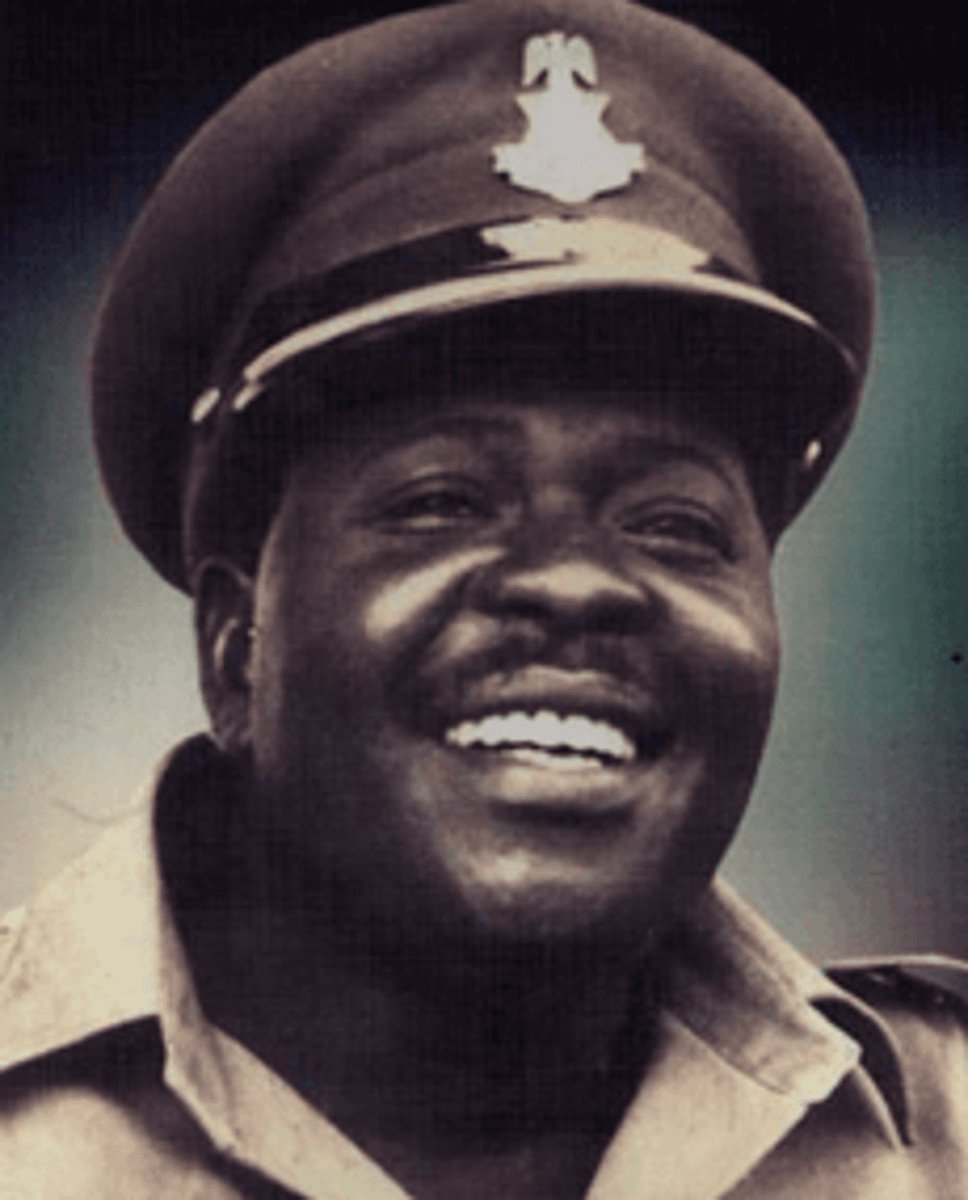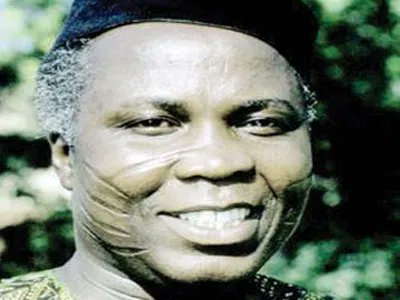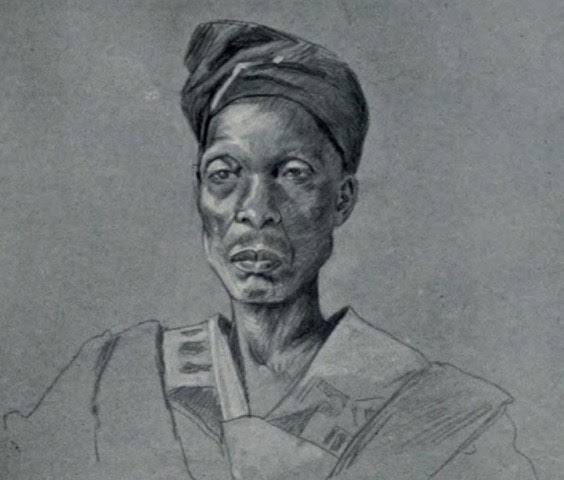Lt.Col. Adekunle Fajuyi, first military governor of Western REGION.
JOIN ME BY 11AM TODAY
#thestoryteller

He was Born 26 June 1926 Ado Ekiti, Nigeria.
In the account of Ladigbolu, when Fajuyi saw that a visiting soldier was better paid than a teacher, he dreamt of joining the Army.
That day, Fajuyi said: “When our country calls upon us for sacrifice, we shall be worthy to follow those who, in all the ages and countries, have lived and even died for God and freedom.”
That statement was like proclaiming a nunc dimitis in the beginning of a race! It is on record that Fajuyi made a great personal sacrifice for peace, unity of Nigeria, loyalty to his boss, and a form of gallantry that could render the jaw
There was a feeling that the North needed to strike in order to preempt another coup by Igbos aimed at consolidating their grip on power.
They intended for no one to escape.
Danjuma recounted the following conversation taking place between Fajuyi and himself:
Fajuyi: What do you want?
Danjuma: I want the supreme commander.
Fajuyi: Promise me that no harm will come to him.
No official announcements of the death of either man was made by the succeeding government
Thank you for reading.
See you soon.
#thestoryteller
Kindly visit for a smooth read, would begin to upload stories told before now and new ones for easy read henceforth.
Thanks for reading.






